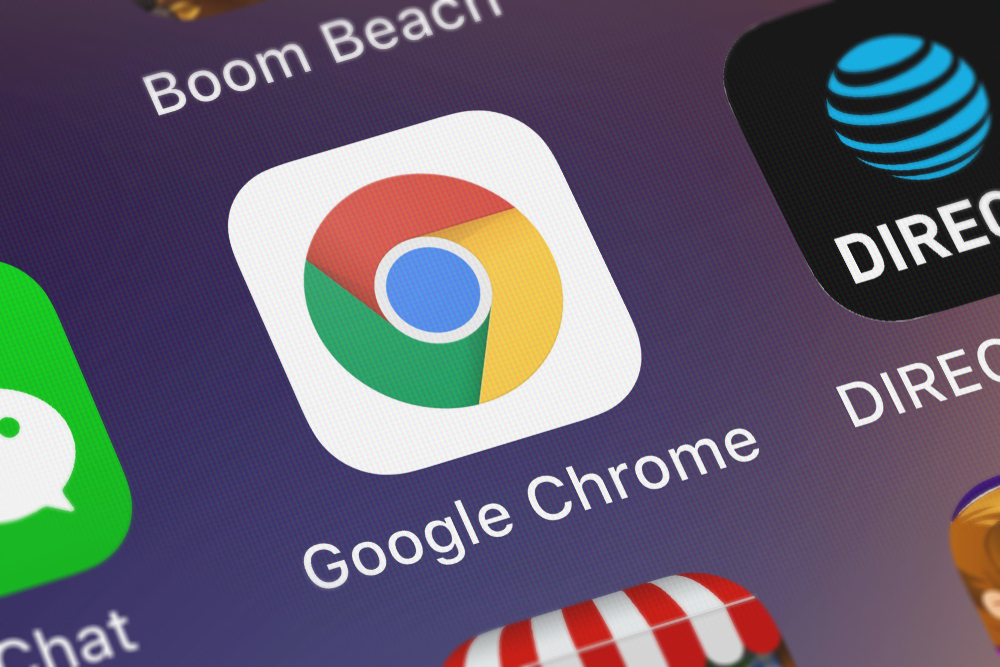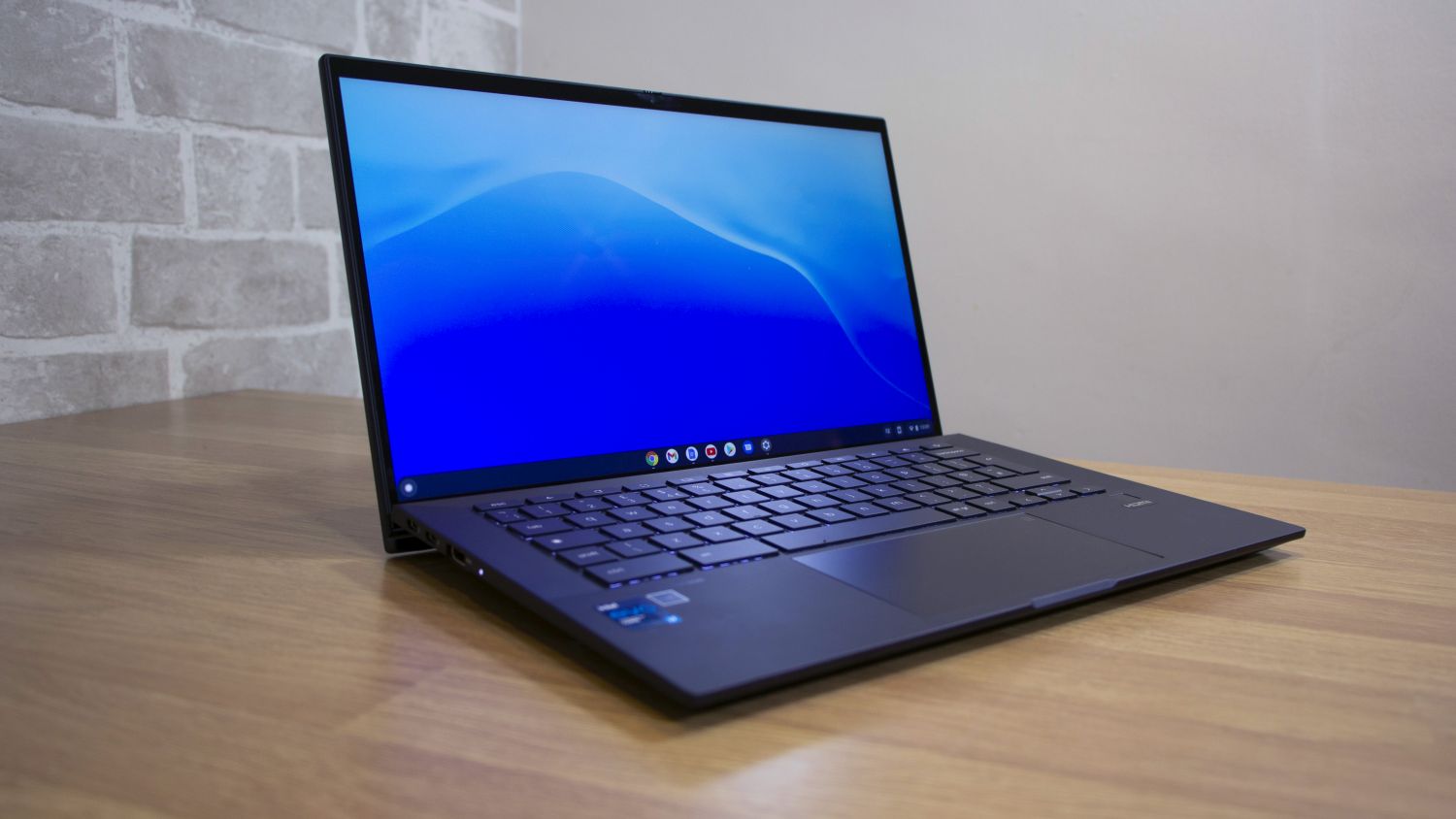Why I’m leading a browser double life
There are benefits to using more than one browser


Business or pleasure? It’s a question you’ve probably been asked when making a foreign trip (remember those?), but not when deciding which web browser to use on your computer. However, over the past year or so, I’ve found myself – almost by accident – slipping into the habit of using one web browser for personal surfing (no, that’s not a euphemism) and another for work.
This might sound like a tremendous faff, but there are very good reasons for keeping my personal and business surfing separate. For the personal day-to-day stuff, I use Firefox. I returned to the Firefox fold after many years away because I was increasingly impressed with its privacy features.
Firefox on my Mac is set to the browser’s Standard level of Enhanced Tracking Protection, which means that social networks don’t get to stalk me all over the web, cross-site tracking cookies are thwarted and so are resource-hogging cryptocurrency miners and privacy-infringing fingerprinters. What’s more, primed with my email address, Firefox warns me if my password has been stolen because of its convenient tie-in with the excellent HaveIBeenPwned.com.
For work, meanwhile, I’m beavering away in Google Chrome. This is largely a matter of convenience. Certain sites and web services only play ball with Chrome because their lazy developers can only be bothered to make their sites work properly with the world’s biggest browser. And then there’s Google itself, which – artificially or otherwise – makes tools such as Google Docs work better in Chrome than its rivals.
Chrome also has the widest selection of browser extensions, such as the recently released Microsoft Editor – an excellent spelling and grammar checker for the browser, which helps to keep the articles I write online free of typos and split infinitives. That only came about because Microsoft Edge recently moved to the same browser engine as Chrome – the clearest case of ‘if you can’t beat ’em, join ’em’ there’s ever been.
There are further advantages to keeping personal and business surfing in separate browsers. For one, this effectively creates two distinct online identities in the different browsers, meaning it’s harder for Google and the like to build a personal profile that covers both my personal life and work. There are practical benefits, too. I have both personal and business accounts with the same bank but, with two browsers, I can have the user ID (not the password!) for the personal account saved in Firefox and the business user ID saved in Chrome. Previously, I had to choose to save one identity or the other, because a browser won’t store two different IDs for the same site.
My bookmarks toolbar for each browser is very different, too. Firefox’s is festooned with links to football, gaming and other leisure sites; Chrome’s is stuffed with tech-news sites and the content-management systems for the various websites I write for. As for passwords, they’re all safely stored in the brilliant Bitwarden password manager, which has add-ons for both browsers, so no matter which one I’m in – Firefox or Chrome, desktop or mobile – I can blag my way into any site.
Get the ITPro daily newsletter
Sign up today and you will receive a free copy of our Future Focus 2025 report - the leading guidance on AI, cybersecurity and other IT challenges as per 700+ senior executives
A browser for work and a browser for play. I never thought leading a double life would be this easy
Barry Collins is an experienced IT journalist who specialises in Windows, Mac, broadband and more. He's a former editor of PC Pro magazine, and has contributed to many national newspapers, magazines and websites in a career that has spanned over 20 years. You may have seen Barry as a tech pundit on television and radio, including BBC Newsnight, the Chris Evans Show and ITN News at Ten.
-
 Should AI PCs be part of your next hardware refresh?
Should AI PCs be part of your next hardware refresh?AI PCs are fast becoming a business staple and a surefire way to future-proof your business
By Bobby Hellard
-
 Westcon-Comstor and Vectra AI launch brace of new channel initiatives
Westcon-Comstor and Vectra AI launch brace of new channel initiativesNews Westcon-Comstor and Vectra AI have announced the launch of two new channel growth initiatives focused on the managed security service provider (MSSP) space and AWS Marketplace.
By Daniel Todd
-
 Spanish spyware outfit uncovered, develops exploits for Windows, Chrome, and Firefox
Spanish spyware outfit uncovered, develops exploits for Windows, Chrome, and FirefoxNews Google was only able to discover the company after an anonymous submission was made to its Chrome bug reporting programme
By Zach Marzouk
-
 Google adds new security vendor plugins for Chrome, improved Chrome OS policy controls for IT admins
Google adds new security vendor plugins for Chrome, improved Chrome OS policy controls for IT adminsNews New integrations across various security pillars aim to improve Chrome OS and Chrome browser security for enterprise customers
By Connor Jones
-
 Google patches second Chrome browser zero-day of 2022
Google patches second Chrome browser zero-day of 2022News Google acted quickly to secure against the type confusion vulnerability that was under active exploitation
By Connor Jones
-

 Acer Chromebook Spin 513 review: Cheap and mostly cheerful
Acer Chromebook Spin 513 review: Cheap and mostly cheerfulReviews An affordable Chromebook convertible with good looks but mediocre performance
By Mike Jennings
-
 Google says Chrome is now faster than Safari on Apple Silicon
Google says Chrome is now faster than Safari on Apple SiliconNews According to Apple's own benchmarks, Chrome 99 scored the highest out of any browser ever tested
By Connor Jones
-
 Google Chrome update fixes zero-day under active exploitation
Google Chrome update fixes zero-day under active exploitationNews Google releases a fresh wave of patches for severe vulnerabilities that could facilitate code execution and system takeover via Google Chrome
By Connor Jones
-

 Asus Chromebook CX9 (CX9400CE) review: The most stylish Chromebook on the market
Asus Chromebook CX9 (CX9400CE) review: The most stylish Chromebook on the marketReviews A sleek, expensive Chromebook that tries to bring professional style to Google’s OS
By Mike Jennings
-
 Firefox 95 boosts protection against zero-day attacks
Firefox 95 boosts protection against zero-day attacksNews Mozilla's browser now takes a more granular approach to walling off code
By Danny Bradbury